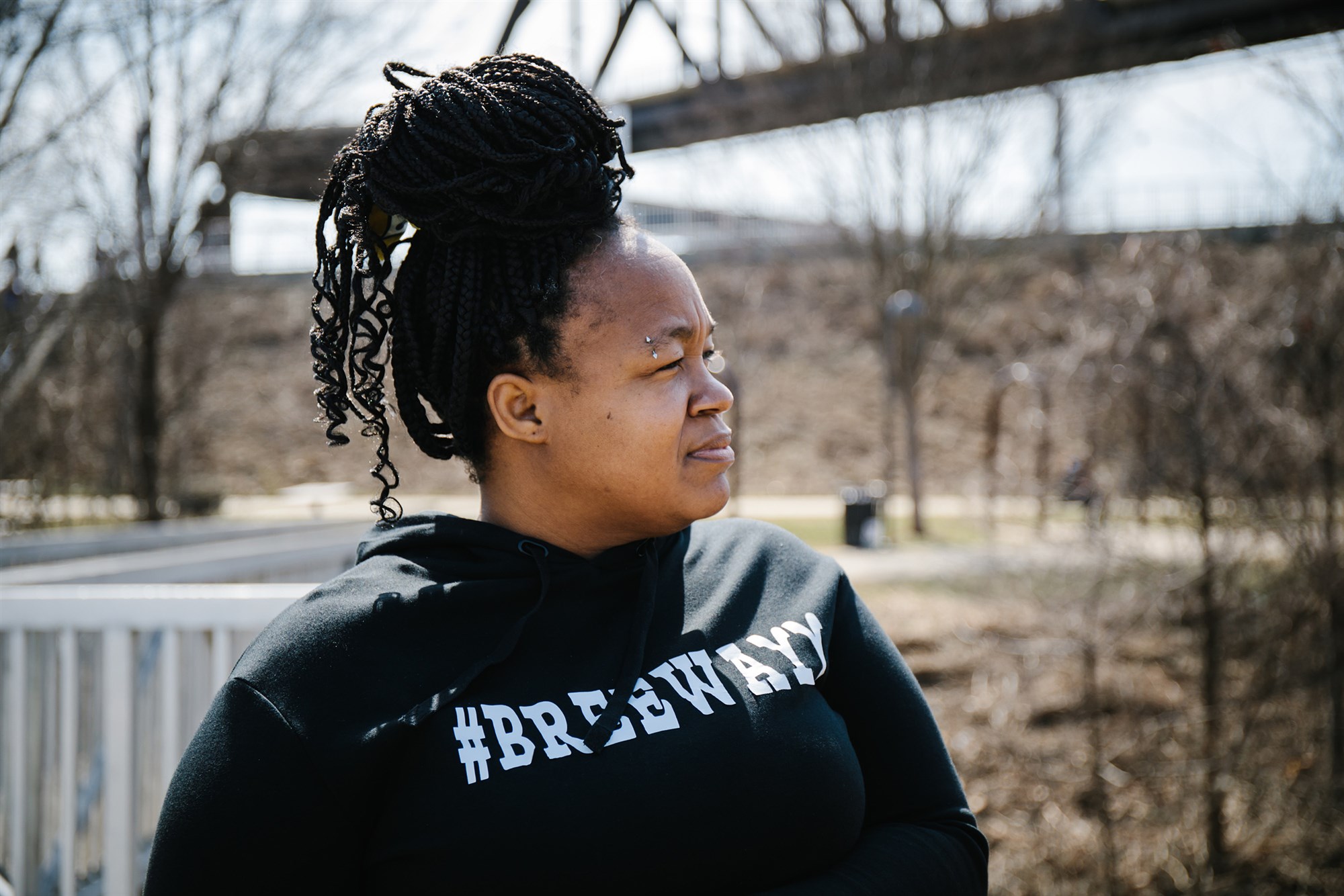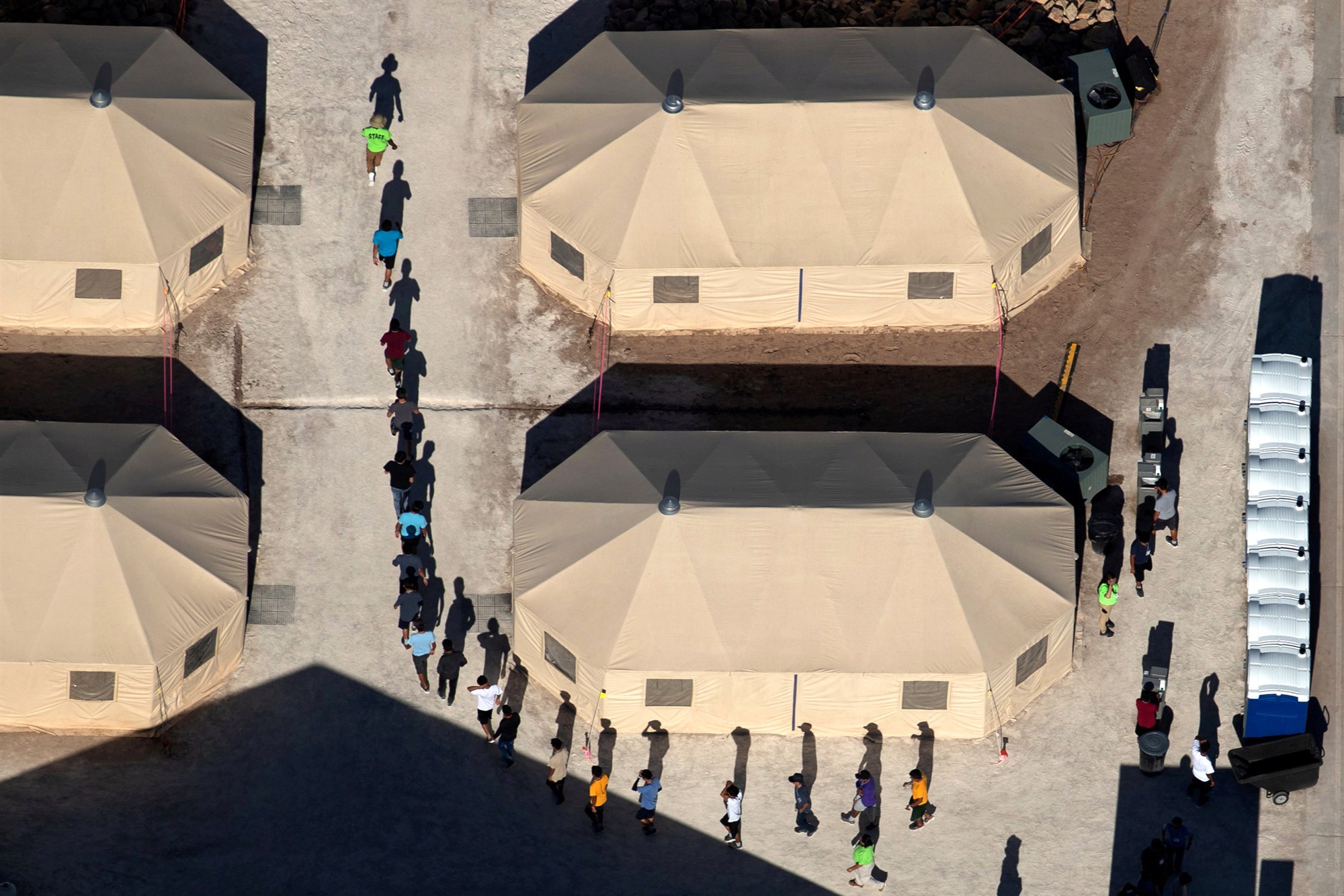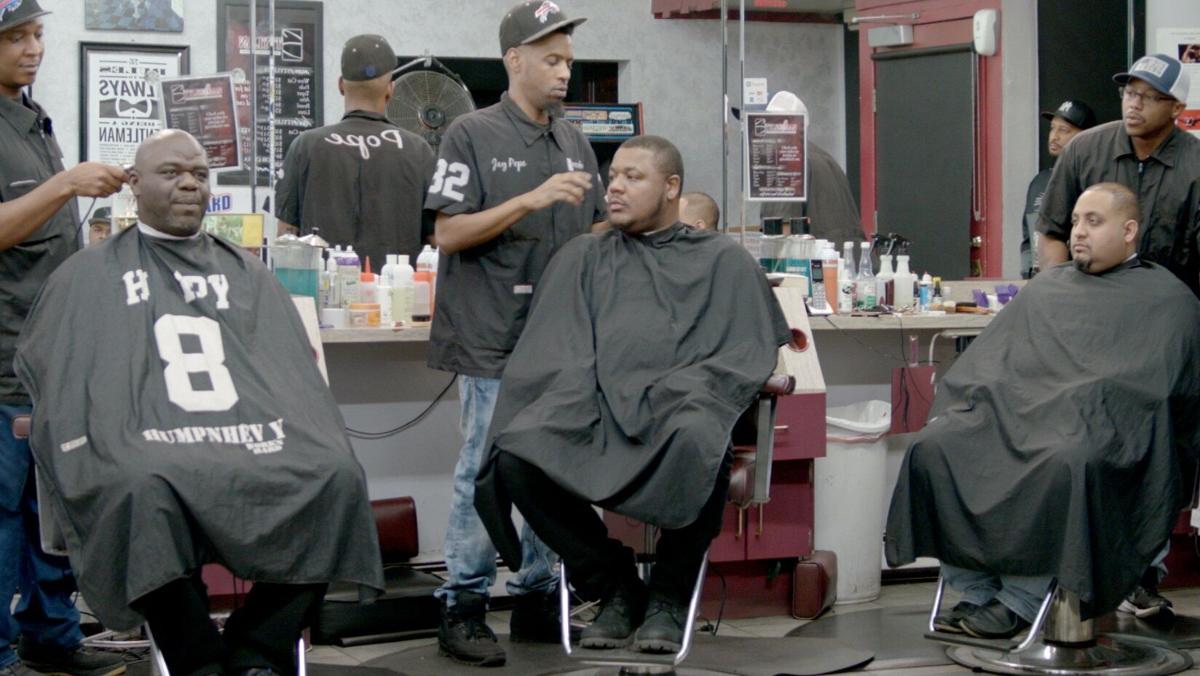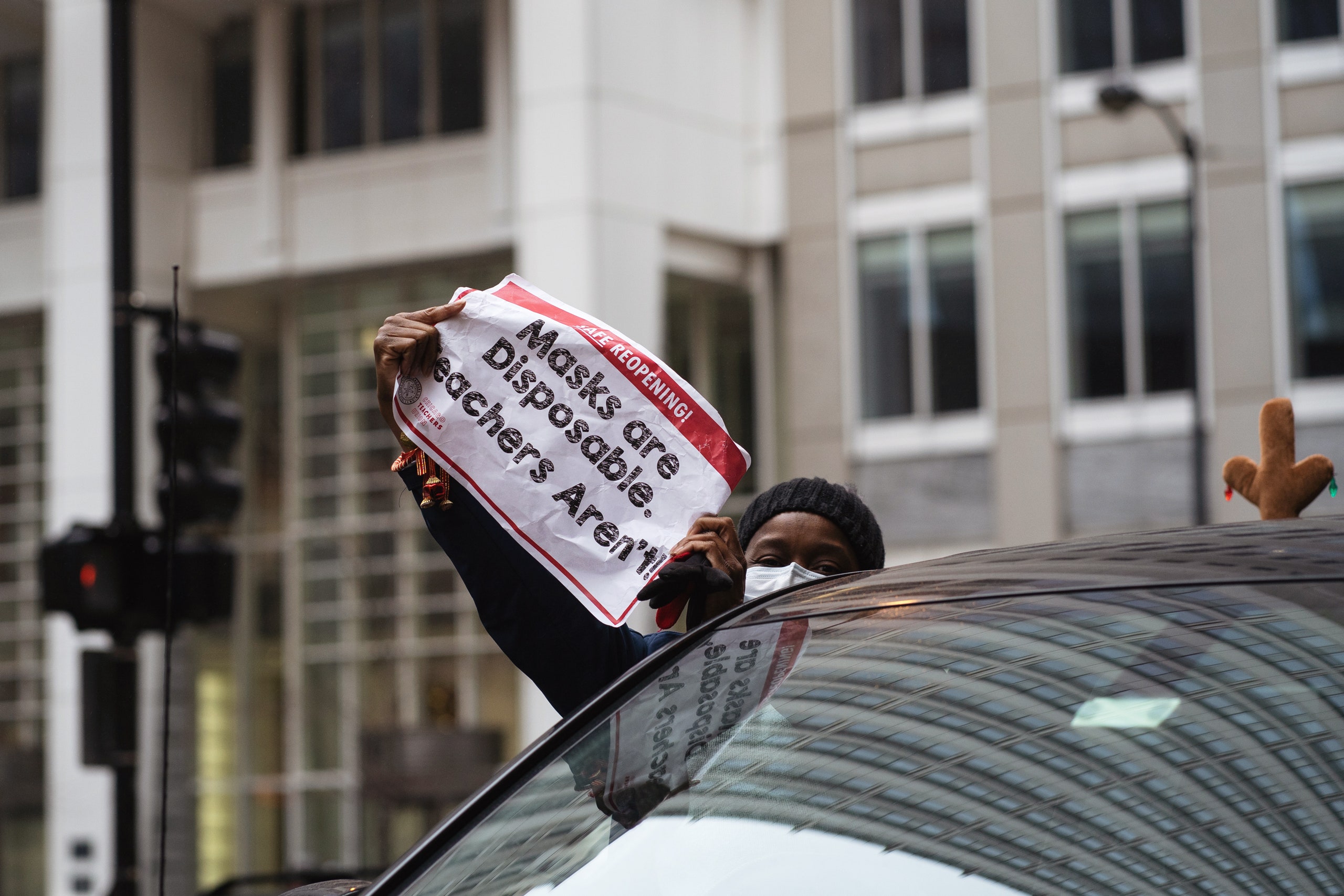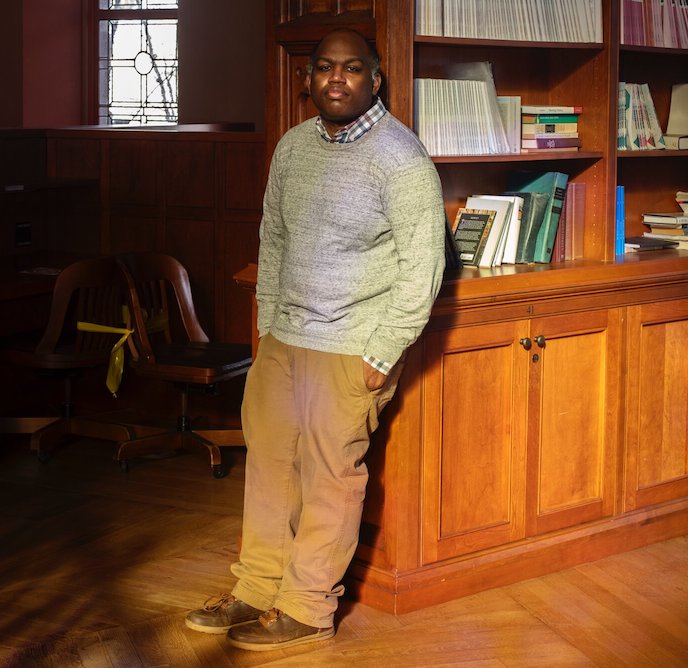Tagged: racial equity and social justice
Some public grade schools cancel Halloween due to lack of ‘equity and inclusion’
By Sean Salai
Read the full article from The Washington Times, here.
A handful of elementary schools across the country are canceling Halloween celebrations because some activists and administrators say the spooky holiday is unfair to poor children, minority families and “marginalized” cultures.
The Chauvin Verdict Represents an Absolute Minimum of Justice
By Elie Mystal
Read the full article from The Nation here.
“[I]f we ignore the structural changes, the hard changes, the necessary changes, we will be back here. We will not break the cycle of violence against people of color or the polarization over whether our lives matter. It is literally already too late for Floyd to be the last unarmed Black man to be murdered by criminal police action. It is already too late for this time to be the last time the country is divided over whether a cop should be held accountable for their actions.”
What Daunte Wright’s Killing Foretells for the Suburbs
By Will Stancil
Read the full article from The Atlantic here.
“In some respects, segregation is even more harmful in the suburbs than in major cities, which typically have a larger industrial and commercial tax base that allows them to weather crises and sustain public services. On average, predominantly nonwhite suburbs have the lowest per capita tax base of any community type in a major metropolitan area—about 25 percent less than major cities, and about 40 percent less than predominantly white suburbs.”
‘Couldn’t possibly be silent’: These women are carrying the torch for Breonna Taylor
By Chloe Atkins
Read the full article from NBCBLK here.
“‘It has given a lot of women a voice who didn’t realize they had one or didn’t know how to use it,’ said Tamika Palmer, Taylor’s mother. ‘To see so many women become part of something and stand up and not feel ashamed or powerless because they’re women — that’s a blessing, and Breonna would’ve loved to see it.'”
Lawyers have found the parents of 105 separated migrant children in past month
By Julia Ainsley and Jacob Soboroff
Read the full article from NBC News, here.
The lawyers working to reunite immigrant parents and children separated by the Trump administration reported Wednesday that they have found the parents of 105 children in the past month. The steering committee of pro-bono lawyers and advocates working on reunification said it had yet to find the parents of 506 children, down from 611 on Jan. 14, the last time it reported data to a federal judge overseeing the process. The lawyers said the parents of about 322 of the 506 children are believed to have been deported, making it more difficult to find them. The lawyers are not required by the judge to say how many of the parents and children have been reunited.
Buffalo-made ‘The Blackness Project,’ now on Amazon Prime, keeps dialogue open on race relations
By Randy Schiff
Read the full article from Buffalo News here.
“University at Buffalo professor Henry Louis Taylor Jr., who narrates the film, contributes considerably to the documentary. Taylor rivetingly condemns Americans’ fateful choice after the Civil War to support ex-Confederates’ interests rather than build up Black Americans’ opportunities, and provides a poignant concluding call to pursue social justice.”
Buffalo-made ‘The Blackness Project,’ now on Amazon Prime, keeps dialogue open on race relations
By Randy Schiff
Read the full article from Buffalo News here.
“University at Buffalo professor Henry Louis Taylor Jr., who narrates the film, contributes considerably to the documentary. Taylor rivetingly condemns Americans’ fateful choice after the Civil War to support ex-Confederates’ interests rather than build up Black Americans’ opportunities, and provides a poignant concluding call to pursue social justice.”
What’s at Stake in the Fight Over Reopening Schools
By Keeanga-Yamahtta Taylor
Read the full article from The New Yorker here.
“Chicago schools were slated to reopen in the fall, when the school year began, but rising rates of community spread and a lack of proper protections resulted in the continuation of remote learning. Chicago Public Schools then announced that it would plan to reopen in January—just as infection rates and deaths were rising exponentially across the country. Chicago teachers voted with their feet. When they were asked to report to their buildings on January 4th, only forty-nine per cent did.”
He Wants to Save Classics From Whiteness. Can the Field Survive?
By Rachel Poser
Read the full article from The New York Times Magazine here.
“Padilla is wary of colleagues who cite the radical uses of classics as a way to forestall change; he believes that such examples have been outmatched by the field’s long alliance with the forces of dominance and oppression. Classics and whiteness are the bones and sinew of the same body; they grew strong together, and they may have to die together.”



